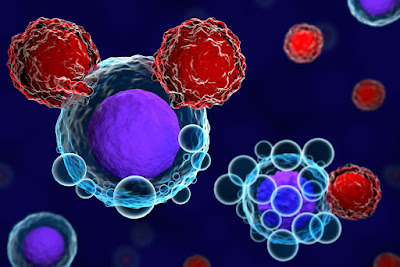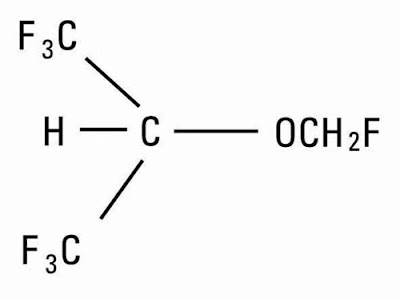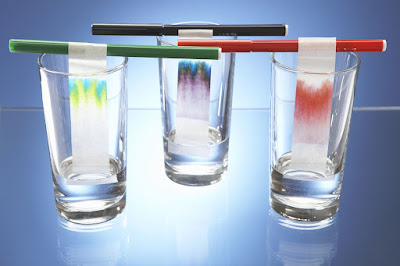Cell Therapy Manufacturing: Meeting the Growing Demand for Life-saving Treatments
Introduction to Cell Therapy Manufacturing
Cell therapy involves using living cells to treat diseases such as cancer or
degenerative conditions. There has been tremendous progress in the development
of new cell therapy products in recent years, which holds promise for
addressing a wide range of medical needs. However, manufacturing these complex
biological treatments at large scale presents unique technical and operational
challenges.
Raw Materials in Cell Therapy
Manufacturing
One of the foundational aspects of cell therapy manufacturing is procuring
high-quality starting materials. cells used for Cell
Therapy must be extensively characterized to ensure product safety,
purity, identity and potency. For some applications, specific subtypes of cells
must be isolated from source tissues with a high degree of selectivity. Proper
sourcing and screening of raw materials like tissues, cell banks and growth
factors is critical to supporting robust and reproducible manufacturing
processes.
Cell Expansion and Process Development
Once starting materials are obtained, cell manufacturing involves expanding
cell numbers in controlled bioreactors to clinically relevant doses. For some
cell types, genetic modification may also be required to enhance therapeutic
activity. Developing scalable and automated processes for these steps requires
extensive research and engineering. Key goals include maintaining cell health,
consistency between batches and minimizing manual handling. Process development
aims to scientifically understand and control critical manufacturing
parameters.
Quality Control Testing
Comprehensive quality testing is performed at various stages of cell therapy
production to ensure product specifications are met. Testing evaluates critical
quality attributes like identify, purity, viability, sterility and potency.
Advanced assays allow deep biochemical and functional characterization of
manufactured cells. Testing confirms batch consistency and helps troubleshoot
any process deviations. Rigorous release testing must demonstrate a final
product meets all predefined safety and performance standards before patient
dosing.
Facilities and Equipment for Cell
Manufacturing
Cell therapy facilities require specialized infrastructure, equipment and
environmental controls to support manufacturing operations. Key infrastructure
includes cleanrooms, controlled environment rooms and storage areas carefully
designed for cellular manufacturing. Specialized bioreactors, cell processing
equipment and quality testing instrumentation must also be available. Proper
facility design and qualification activities help guarantee reproducible
manufacturing runs in a controlled environment suitable for biological
production.
Regulatory Considerations in Cell
Therapy Manufacturing
Cell therapies are regulated as biological products requiring marketing authorization
from regulatory agencies like the FDA before commercial use. Regulations aim to
ensure consistent, high-quality manufacturing and appropriate clinical
evaluation of new treatments. Key areas of regulatory focus include facilities
and equipment, raw materials, manufacturing processes and quality systems.
Rigorous documentation, change control procedures and validation studies are
required to demonstrate reproducible production under regulated conditions.
Close communication and guidance from regulators helps navigate manufacturing
and approval requirements.
Challenges in Large Scale Cell
Manufacturing
While cell therapy manufacturing has progressed, successfully scaling processes
to support broad commercialization and patient access remains challenging in
some cases. Developing scalable bioprocesses that maintain cell function and
product quality attributes at larger volumes is an area of active research.
Insufficient production capacity can limit the supply of experimental products
for later stage clinical trials. Infrastructure and equipment costs for
large-scale cellular manufacturing can also be prohibitive for some developers.
Partnerships and contract manufacturing are increasingly used to help address
these challenges.
Advanced Technologies for More Efficient Manufacturing
New technologies hold promise to streamline cell manufacturing operations and
help meet future demand. Automated closed systems aim to minimize manual
intervention and standardize production runs. Improved cell processing equipment,
bioreactors and analytics allow more refined control and real-time monitoring
of critical process parameters. Advances in cell engineering, like immortalized
production cell lines, aim to enable robust, scalable manufacturing without
compromising product quality or function. Emerging technologies like process
analytical technologies and continuous bioprocessing may further improve
production efficiencies in the future.
Ensuring a Robust Supply Chain
A reliable supply chain is another important consideration for cell therapy
commercialization. Manufacturers must successfully coordinate raw material
supply, finished product distribution and final product administration to
patients. This requires oversight and management of logistical activities, as
well as supply and demand forecasting. Effective supply chain management helps
avoid potential shortages or shipping delays that could impact patient access
to new treatments. Emerging cell therapy platform technologies may offer
advantages in enabling standardized, distributed manufacturing networks for
greater supply chain resilience.
Get More Insights on Cell Therapy




Comments
Post a Comment